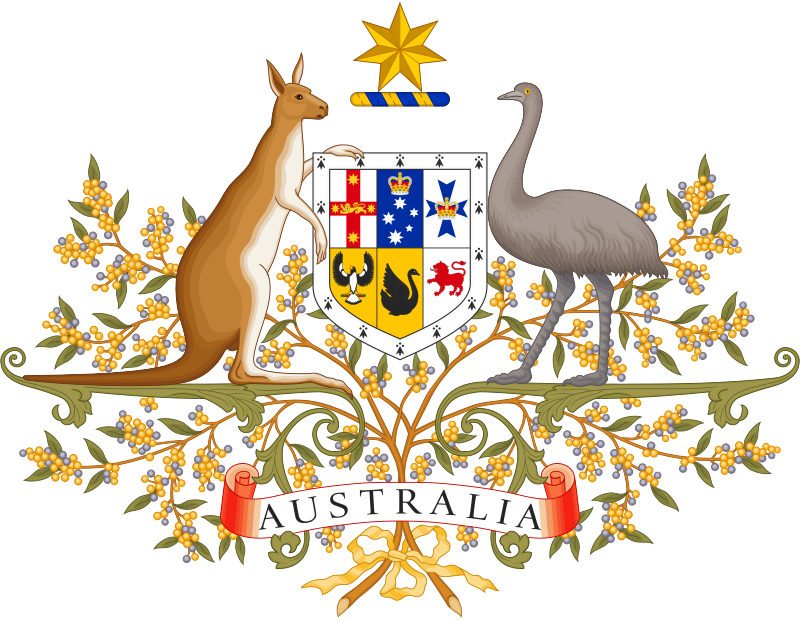Australia's Greens Party is pressing the Labor government to confirm whether the secretive Pine Gap facility was used to assist U.S. military strikes on Iran’s nuclear sites. The demand highlights growing political tension over national security transparency and foreign military collaboration.
Greens Demand Full Disclosure of Pine Gap’s Role in US Strikes on Iran
Today, June 22, 2025, Australia witnessed a fiery political battle as the Greens Party escalated calls for the Albanese government to come clean about whether the secretive Pine Gap intelligence base played a part in the recent US-led air strikes on Iran’s nuclear facilities. Amid fierce debate in Parliament and intense public scrutiny, Greens spokesperson Senator David Shoebridge voiced demands for transparency, urging Canberra to “distance itself from US military aggression” and to state clearly and unambiguously whether Pine Gap assisted in targeting those sites.
🌍 A Critical Moment for National Transparency
The issue erupted following President Trump’s confirmation of strikes on Iran’s nuclear sites, carried out with Israeli support. Australia’s government, aligning diplomatically with the US, called for de-escalation while stopping short of endorsing the air strikes outright. Meanwhile, the Coalition opposition embraced the strikes as a rational move to curb Iran’s nuclear reach. The Greens, however, zeroed in on the thorny question: was Pine Gap—a joint US-Australian base in central Australia—used to facilitate targeting or intelligence gathering in this operation?
Senator Shoebridge condemned what he described as a “dangerous escalation”. He challenged the government’s response, saying their statement “largely echo[ed]” President Trump’s framing, and demanded answers. “Where is the red line?” he asked. He warned that by remaining silent, the government risks complicity in an illegal act of war and is failing Australians who want their government to be a force for peace, not an enabler of global conflict.
🔐 The Pine Gap Factor: Why It Matters
For decades, Pine Gap has stood as a cornerstone of Australia’s national security infrastructure. Its importance cannot be overstated. It serves as a vital hub for signals intelligence (SIGINT) and satellite surveillance, dual-run by both the Australian Signals Directorate and US intelligence agencies like the NSA, CIA, and National Reconnaissance Office. It plays a role in global monitoring of communications, missile testing, and military operations — including drone strikes and coordination of global operations.
Historically, Pine Gap has been tied to key military events: Cold War nuclear monitoring, locating Scud missile launches, aiding bomb targeting in conflicts like Vietnam, Afghanistan, Iraq, and more recently, providing data in Middle East operations. Civil society and Greens-aligned voices have consistently called for transparency, citing risks that Australia could be drawn into conflicts by association or through intelligence contributions.
The concern now is simple: if Pine Gap provided targeting or intelligence support for the US strikes, it may imply that Australia was complicit in an act that violated international law. That would thrust Canberra into a foreign military engagement without public debate or parliamentary approval—a major political and ethical crisis.
🤔 Political Pressures and Public Protest
The timing is critical. Parliamentary debate grew heated as the Greens demanded an unambiguous statement from the Labor government. The Coalition, backed by figures like former Prime Minister Scott Morrison, accused Labor of being wooden and ambiguous while pointing to Iran’s nuclear enrichment as justification. Coalition MPs even cited International Atomic Energy Agency reports claiming Iran violated treaty obligations by stockpiling uranium.
Meanwhile, protests erupted in Sydney and Melbourne. Crowds rallied under slogans like “Hands off Iran,” with demonstrators warning against escalation. In Sydney, Greens Senator Mehreen Faruqi drew comparisons to the 2003 Iraq war, while calls for peace and diplomatic resolution echoed through Melbourne. Among protesters, there were strong concerns over the cycle of violence and the fear that intelligence cooperation could pull Australia deeper into another Middle East conflict.
Defence Minister Richard Marles stated that nearly 4,000 Australians were currently seeking evacuation from Iran and Israel. He repeated familiar calls for de-escalation and dialogue, while diplomats worked to secure exit routes for at-risk Australians.
🧭 Implications for Australian Sovereignty and International Law
This debate touches on the heart of Australia’s international role. Are we merely a staunch ally, or do we maintain full sovereignty and accountability over how our facilities are used? The Greens insist that full parliamentary oversight and public transparency are essential. They argue Australia must not become “America’s deputy sheriff,” blindly supporting US interventions.
They want formal government guarantees: that no Australian intelligence or military assets were used in targeting strikes without a clear, legal mandate, and that a broad discussion happen in Parliament. Transparency, they argue, would build trust and ensure Australian sovereignty, rather than erode it.
Others disagree. The Coalition, while supporting the US stance, urges clarity from Labor but signals that intelligence sharing is a necessary element of Five Eyes and AUKUS cooperation. Former leaders like Morrison defend Pine Gap as essential for global stability and warn that cutting intelligence ties would weaken Australia’s standing in the world.
✍️ For Your Guest Post: Possible Angles
There’s rich material here for a compelling guest post. You could:
Begin with the Greens’ demand, detailing Senator Shoebridge’s statement and the parliamentary drama.
Then, explore the history and capabilities of Pine Gap, explaining why it matters for global military operations and intelligence gathering.
Next, examine political stances: contrast the Greens’ call for transparency against Labor’s diplomatic caution and the Coalition’s support for the strikes.
Include the public reaction—mass protests, Iranian-Australian community fears—and connect them to broader themes of democratic voice and informed oversight.
Finally, analyze sovereignty and law: how intelligence cooperation should be balanced with Australian values and legal frameworks—and what this means for our foreign policy and parliamentary accountability.
💡 Key Takeaways
Today’s events are more than politics—they represent a turning point in how Australians engage with secret intelligence operations and global crises. The Greens’ push for clarity isn’t just critique; it’s a constitutional argument about transparency, sovereignty, and peace.
Journalists, political commentators, and legal experts will be watching closely as the Labor government responds. If Australia confirms Pine Gap was involved, expect heightened public debate, calls for war-power reforms, and renewed scrutiny of how intelligence is shared—and when.
This topic offers strong narrative potential: from democracy and ethics to national security and global alliances. Your guest post could deftly weave history, policy, politics, and public sentiment into a timely analysis—exactly what an engaged audience seeks on June 22, 2025.

















Comments 0